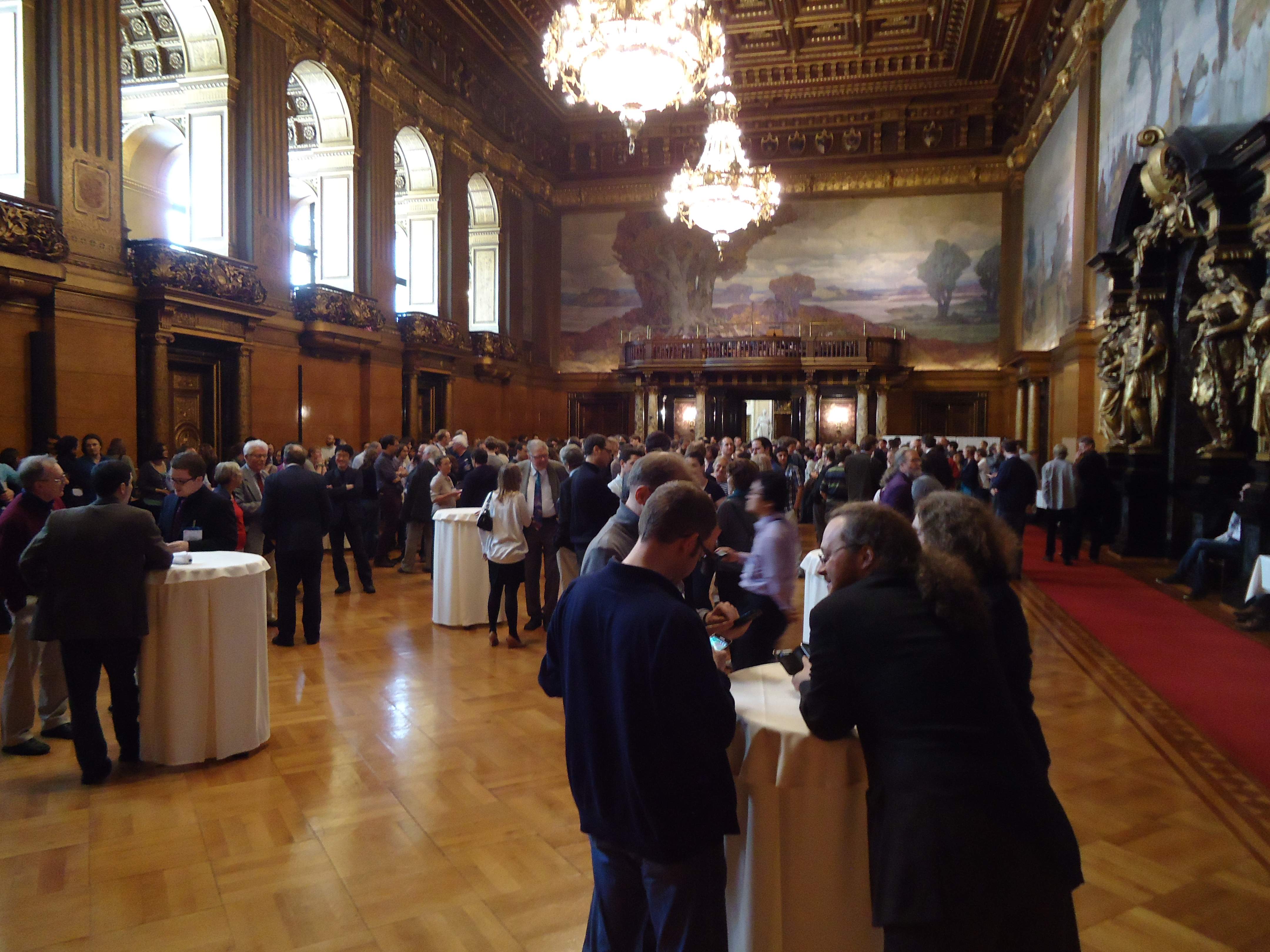Category: digital humanities
-
The Sound of Many Hands Clapping: Teaching the Digital Humanities through Virtual Research Environment (VREs)
At the core of the work done within the digital humanities is a difficult interdisciplinary relationship between the at times divergent cognate fields of computer science and the humanities. This paper will explore some of the characteristics of the digital humanities and examine some of its hard interdisciplinarity relationships. It is the contention of the
-

Home via London…
Digital Humanities Hamburg is now over, and I am resting in a small college room in Hoxton Square in London’s East End. I enjoyed the conference a lot, although it has rained nearly every day I have been in the EU, travelling across so much geographical territory via train to get there with luggage hasn’t
-
Oxford Digital Humanities Summer School
…I arrived in Oxford, OK. And it is raining, and raining, and raining. Still, my college room is excellent and the ale in the pubs runs freely. I am catching the tale-end of the Oxford Digital Humanities Summer School in the hope of attending the last session on ‘putting on a summer school’. A summer
-
The two cultures…
-
A Summer of Digital Humanities Love
I am about to leave soon to do my annual pilgrimage to the Digital Humanities conference, this time held in Hamburg, Germany. I will also attend the UK’s Digital Humanities Summer Institute at Oxford. I am looking forward to it, although I still need help with the key things I want to say in my
-
William Noel: Revealing the lost codex of Archimedes
